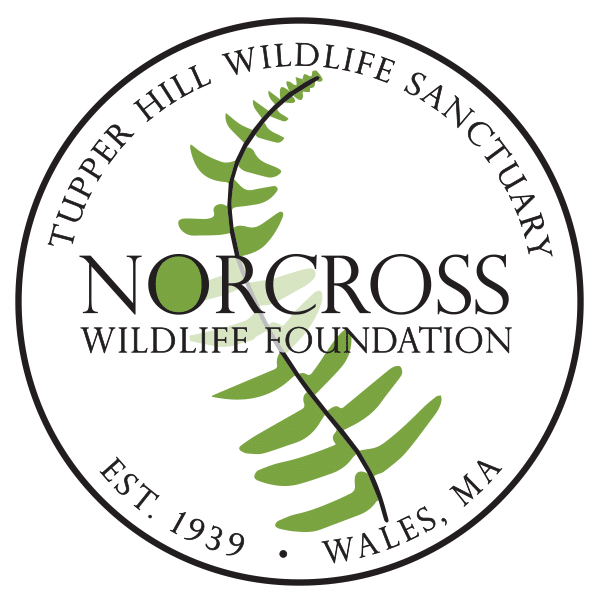We are honored to continue the work of Arthur D. Norcross and recognize that preserving land for habitat not only benefits the wild things that need such places to survive, but we also support the biodiversity humans require to thrive. We hope that you will join us for a lecture, a tour, or a walk on our trails and learn why we think this is a special place.
The Norcross Wildlife Foundation invites all to visit our Sanctuary or participate in our programs. We welcome everyone regardless of your sex, age, race, color, creed, national origin, alienage, religion, marital status, pregnancy, sexual orientation or affectional preference, gender identity and expression, disability, genetic trait or predisposition, carrier status, citizenship, veteran or military status and other personal characteristics protected by law.
The Norcross Wildlife Foundation is committed to welcoming a diverse and inclusive workforce, one that celebrates the varied communities we serve. Our mission and programs will greatly benefit from a range of perspectives and, as a result, we strongly encourage qualified applications from women, veterans, people with disabilities, people of color, and gender nonconforming candidates.
Values
Biodiversity. Biodiversity and healthy, interconnected, natural ecosystems are intrinsically valuable.
Integrity and Accountability. NWF aims to maximize our mission’s impact, live up to our responsibility to steward our land and financial resources in perpetuity, and support our communities for the future. We will be accountable to the communities we serve.
Equity. We acknowledge that the conservation movement developed in the same social and economic systems that created the great inequality and structural racism that we live with today. We are mindful of how the work of conservation has caused harm and can continue to do so today if not done in consultation with the communities affected by our work. We will include equity and restorative justice in our planning and work.
Shared Knowledge. We make decisions based on the best available knowledge through science, established best practices, lived experience, and community-sourced knowledge. We use inclusive language. We recognize the value of shared knowledge and advancing scientific knowledge in the field of environmental sciences. Our goals can and should be reprioritized as knowledge and conditions change.
